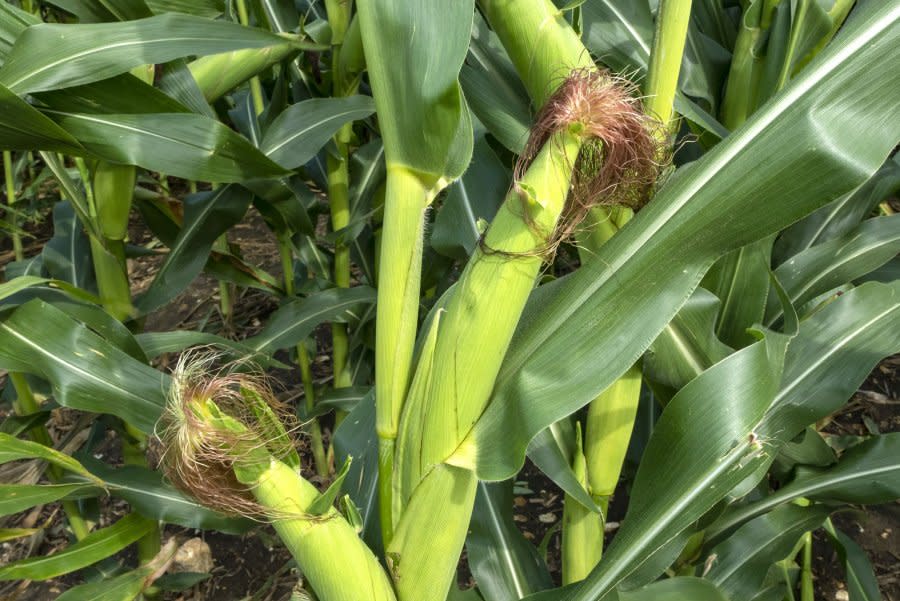High-nutritional crops needed in Africa as population increases

Jan. 2 (UPI) -- According to a new University of Leeds study, farmers across sub-Saharan Africa will have to move away from maize, towards new species of food crops with higher nutritional values if it hopes to feed a rapidly growing population.
Sub-Saharan Africa is home to dozens of different countries and has an estimated population of 1.2 billion people. According to World Bank estimates grow by an additional 740 million people by 2050.
The study, led by Dr. Stewart Jennings from the University of Leeds, states diversification towards fruits, vegetables and crops such as cassava, millet and sorghum would improve nutrition security in the country.
According to the most recent World Bank report, economic growth in the region has slowed in the past few years as rising conflict and violence and climate shocks are poised to exacerbate the issue. About 462 million people in the region were still living in extreme poverty in 2023.
Research carried out by the integrated Future Estimator for Emissions and Diets (iFEED) in Malawi, South Africa, Tanzania and Zambia reveals that by 2050, climate change extremes will increase in frequency and severity by 2050, including "droughts, intense rainfall, and days in the growing season above 35 degrees."
That could lead to reduced crop yields, including an average maize yield decrease of 25% by 2050.
Over the past few years, the region has seen a small influx of climate-smart agricultural programs planting seeds, maize, sorghum, groundnuts, cowpeas, vegetables.
In an interview with Eurekalert, Professor Jennie Macdiarmid, from the Rowett Institute at the University of Aberdeen and one of the authors of the paper said the study highlighted the need to place nutrition at the heart of agricultural policy.
"If policy solutions focus only on increasing production of calories and adapting to be climate smart, it is likely there will be negative consequences for health through nutritionally poor diets," she said.

